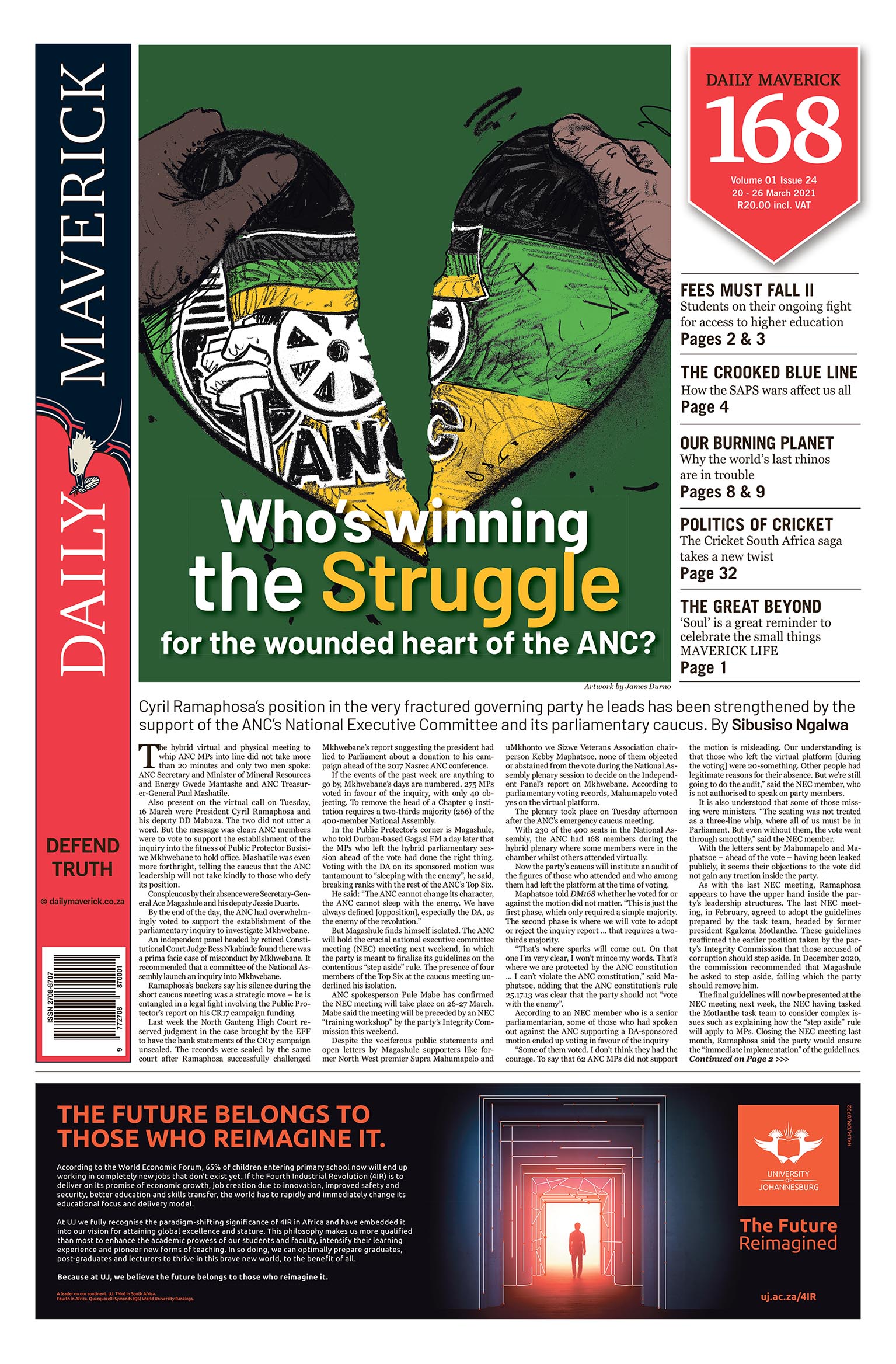First published in the Daily Maverick 168 weekly newspaper.
An NFT is simply a public claim of designation. Now that might sound like a whole lot of nothing, but consider buying an artwork, for example. You also get a letter from the seller that you are now the owner; in certain circumstances, that might add a little reassurance to a potential buyer that you do in fact own the artwork.
Of course, you could have forged both the painting and the letter, so the utility is limited. But since it provides a little extra element of provenance in the narrative of the painting, well, it’s better than nothing.
NFTs take this whole idea of providing provenance to a new level, providing notional proof of ownership of anything to anyone. Because we live in an increasingly virtual world, they can provide notional ownership of instantly replicable graphics, for example, by a certain designated person.
The question is: why is that worth anything? The answer is that technically it’s not worth anything, except … it is. And that reason, I would guess, vests in the very deep and basic human urge to value scarcity. So deep is this urge, I suspect we don’t understand it very well. But the evidence is everywhere.
People do things in the face of scarcity that verge on the bizarre. To take one modern example: because vaccines are scarce at the moment, the EU (and many institutions) is acting like a petulant adolescent, reaching for continental legislation, no less, to ban the export of vaccine materials outside the union. As a friend of mine pointed out, when the righteous press warned of an outbreak of jingoist nationalism following Brexit, they were presumably referring to what might happen on the other side of the channel.
The EU is not getting as many vaccines as the UK not because of any foul plan but because the UK (and the US, for that matter) ordered and paid for vaccines early. This is unfair, of course, but nothing stopped the EU from doing the same. Now, in the face of vaccine scarcity, panic.
Other examples of the effect of scarcity are how the values of artworks of well-known artists just explode on their death; the crazy things people do when they think water (or toilet paper) will run out, and so on. Presumably, it resides in our genes, a hand-me-down from the days in ancient human history – and even relatively modern history – when famines were common occurrences.
NFTs create a proxy for rarity, and you would be well advised not to underestimate that trend.
What else? Actually quite a lot.
The second reason to watch NFTs is because they (at last!) have created a new use for the blockchain.
One of ethereum’s uses is that you can create a token that is vested on the distributed ledger. That means anyone can see it at any time, and it can’t be changed except by the entity that created the block.
Which leads to the third reason to keep an eye on NFTs: they constitute a big boost to ethereum. Other blockchains do support these tokens like neo and tron, but ethereum is by far the most popular. The “smart contract” concept that is so integral to ethereum has found an unusual application.
I wonder whether the increasing popularity of NFTs is somehow related to the coronavirus pandemic? In an era where everything, including human contact, has been digitalised on Zoom and Google Meet, are we craving at least the illusion of uniqueness even more? The timing does seem apposite.
Even if this is not true, at the very least NFTs will create a way for digital artists to differentiate themselves and possibly even earn something from their art. For that reason alone they should be applauded. DM168
This story first appeared in our weekly Daily Maverick 168 newspaper which is available for free to Pick n Pay Smart Shoppers at these Pick n Pay stores.

















 Become an Insider
Become an Insider
Comments - Please login in order to comment.